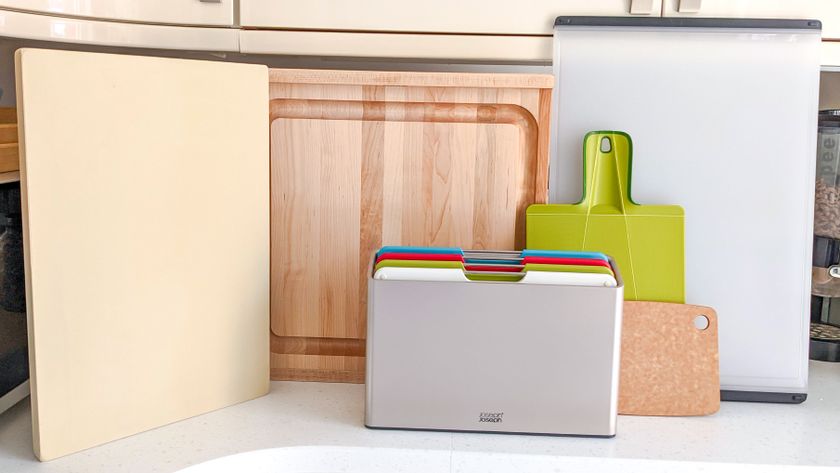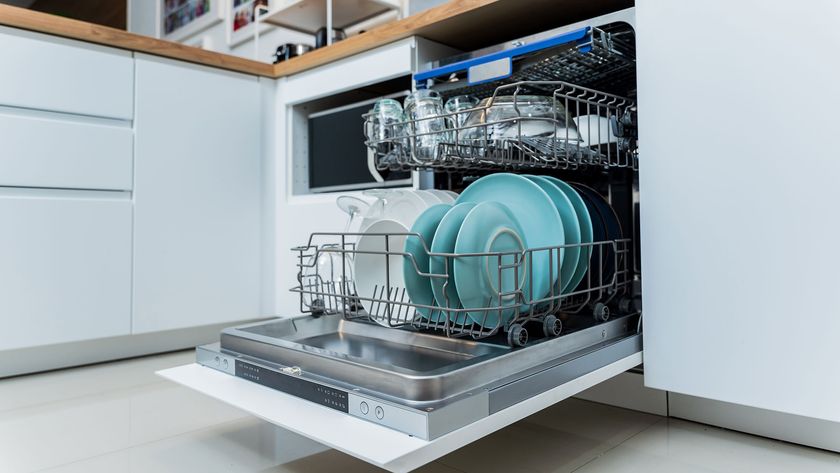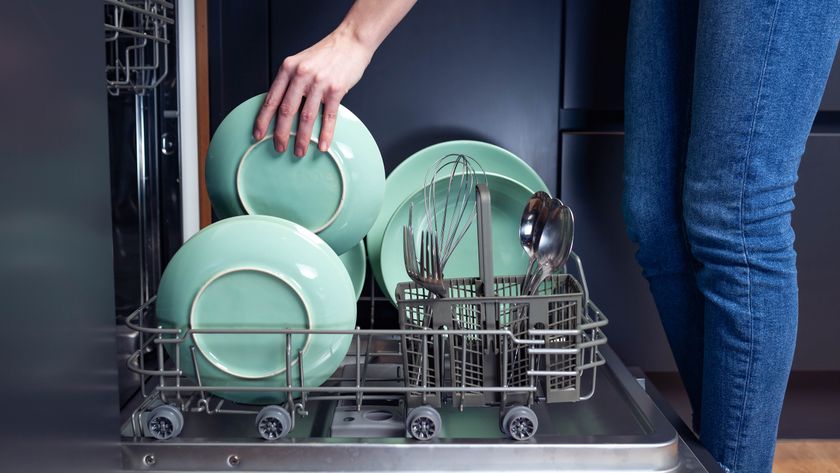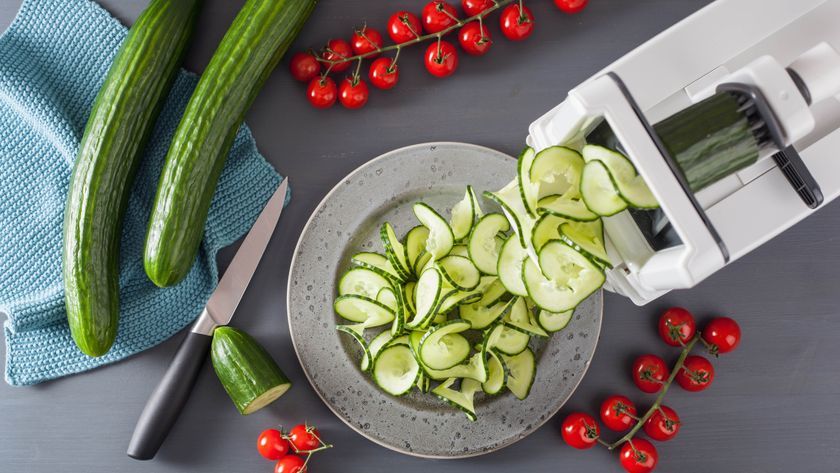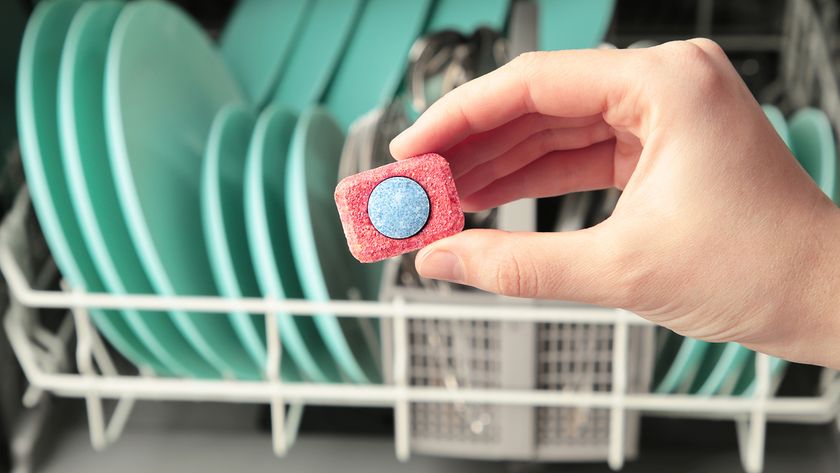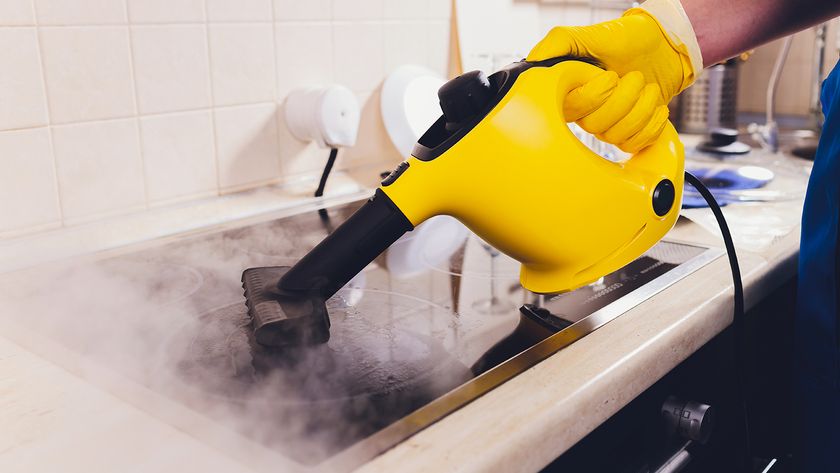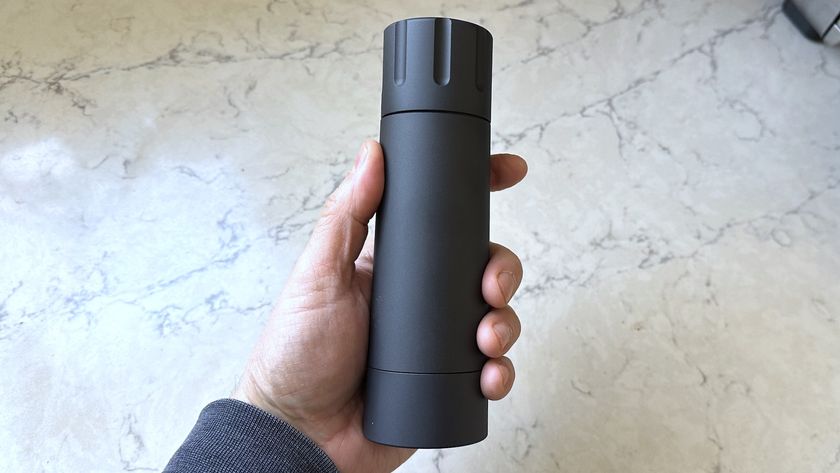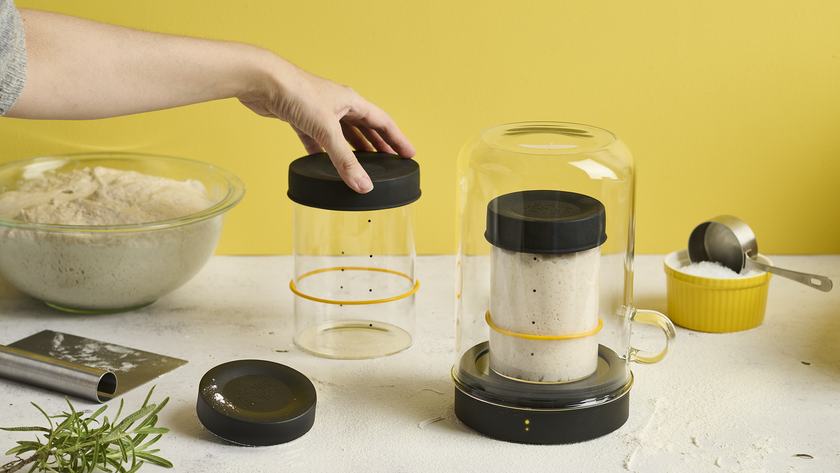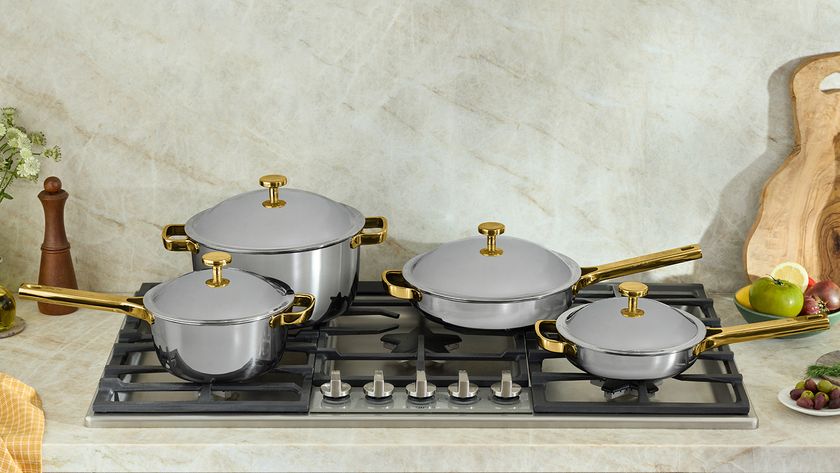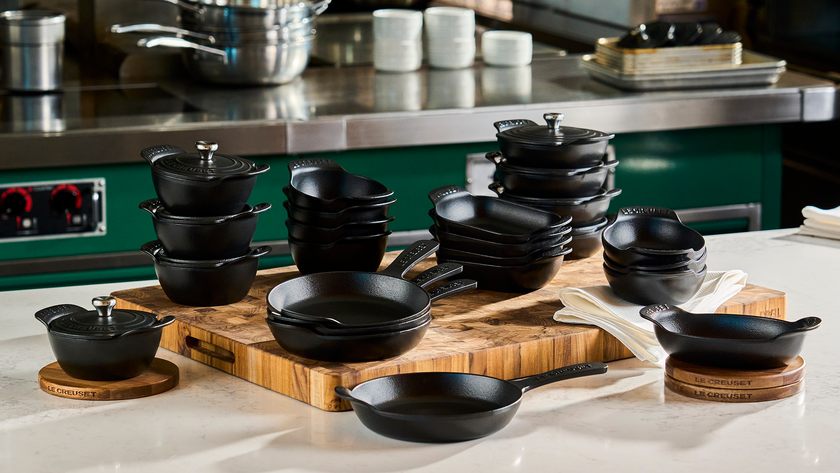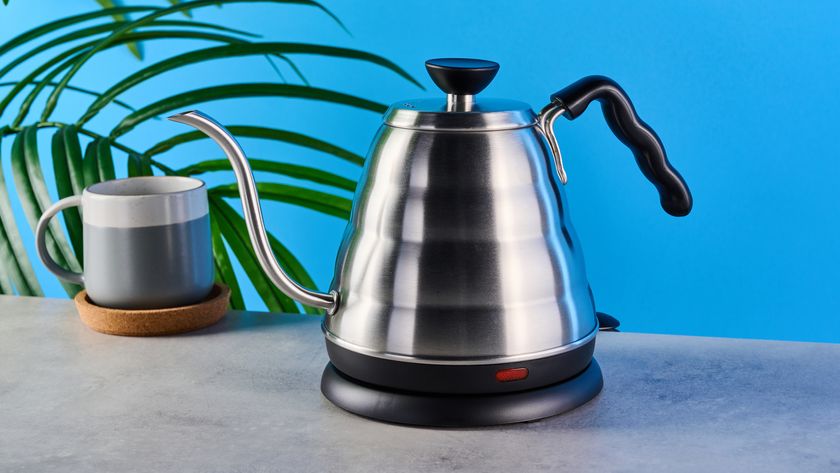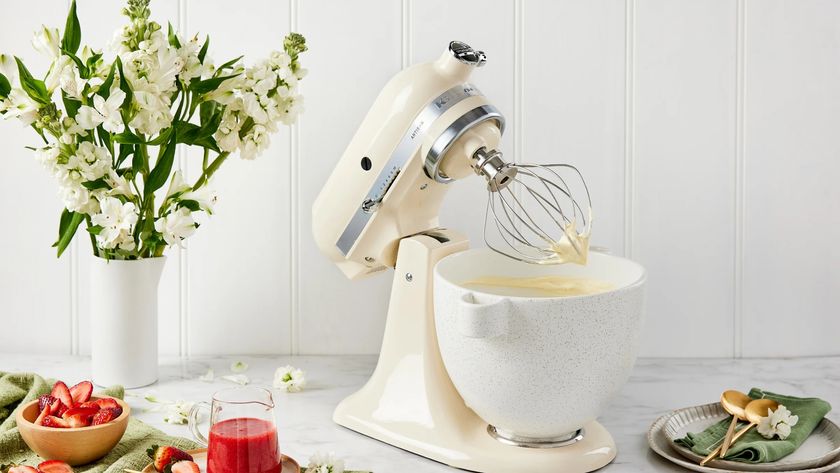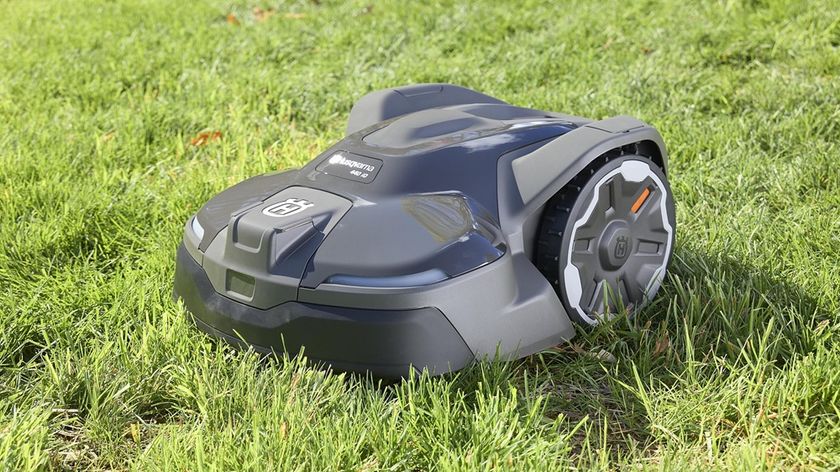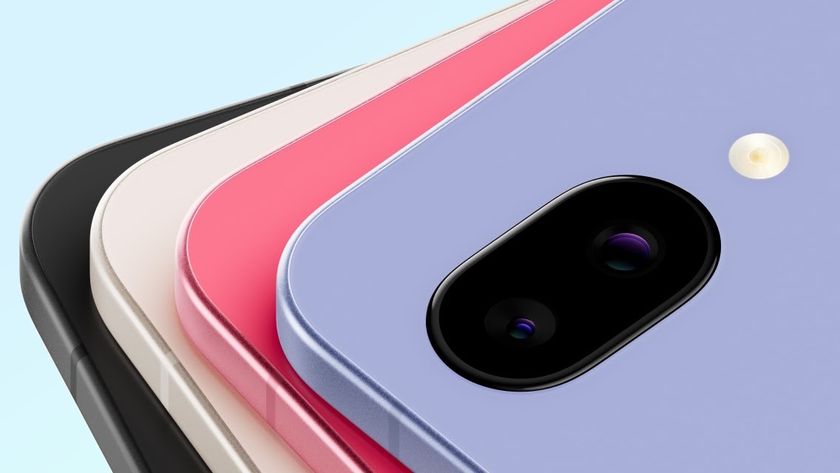Dishwashers are the worst thing for knives — here’s why
This is why you should never wash knives in the dishwasher
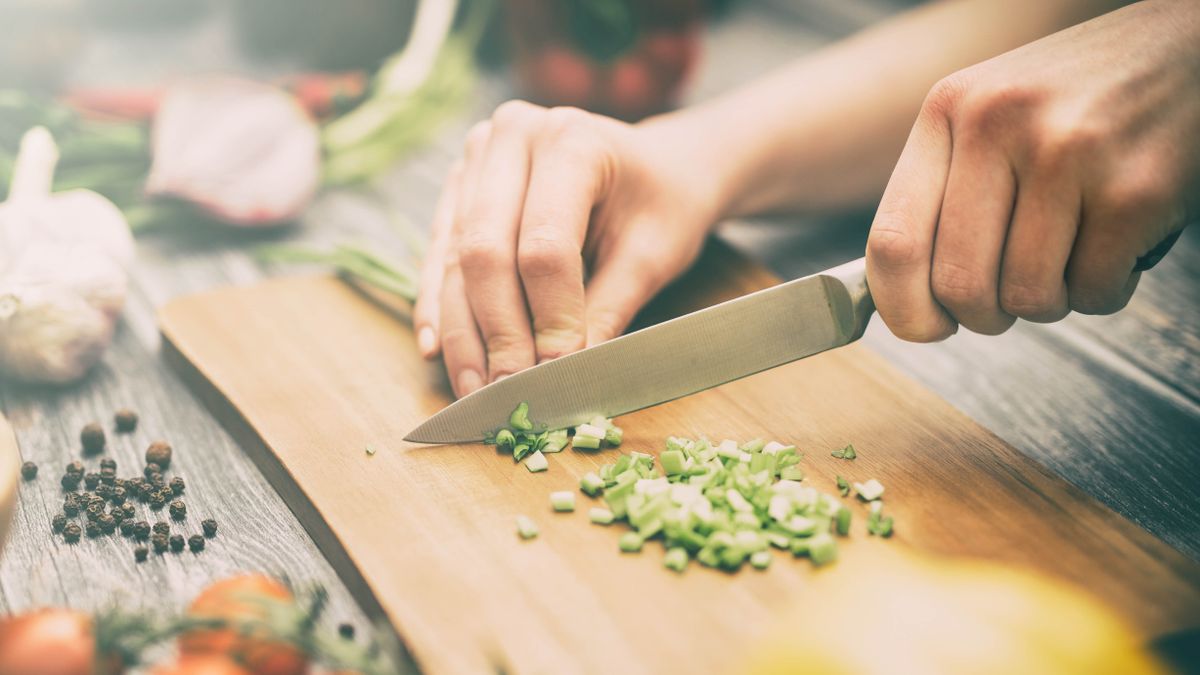
If you prepare food, you understand the importance of a good knife. A sharp blade and comfortable handle can mean the difference between chopping vegetables seamlessly and struggling to make a clean cut. In fact, some of us are so determined to have the best, that we will spend hundreds of dollars on knives to get the sharpest blade. However, despite the importance of these utensils, most of us don’t care for them properly.
Many of us will chuck our knives into the dishwasher to clean them. This is the worst thing you could do: It can dull the blade, cause rust and discolor it as well. Knives are one of the many things you should never put in a dishwasher. You may also need one of the best cutting boards for prepping your meals. So how should you clean a knife? Here, we will break down the best methods.
You may also want to check out what the 5 things I learned from testing cutting boards to help you choose. Plus, here's 7 mistakes which are ruining your kitchen knives.
What happens when you put knives in the dishwasher?
If you put a knife in the dishwasher — we're talking about chef's knives and the like, not tableware — the heat and humidity can lead to rust, corrosion and even warping. The type of material your knife is made from will vary the impact, but ultimately it’s bad news whatever you’re washing.
In my experience of testing knives — even those that are dishwasher safe — eventually show water damage after repeated cycles. Blades which are made from carbon steel are particularly vulnerable to rust and wooden handles are also a bad idea. Wood will splinter and break when exposed to heat and moisture.
Washing your knives in the dishwasher can dull the blades as well. When you consider the pressure and power that your dishwasher exerts to wash the load, it’s not far-fetched to imagine what that’s doing to a knife. It will be shaken about and can knock into other items, potentially damaging the blade. This is particularly bad in the case of ceramic knives, as they’re brittle and can break easily. This can also damage other items and your dishwasher itself when you think about it too. If a knife cuts into the plastic coating on your racks, the exposed metal is also vulnerable to rust.
Lastly, consider the damage your detergent is doing as well. Dishwasher detergent is so strong and corrosive that it can dull the blade and discolor your knives.
Sign up to get the BEST of Tom's Guide direct to your inbox.
Get instant access to breaking news, the hottest reviews, great deals and helpful tips.
How to clean knives properly
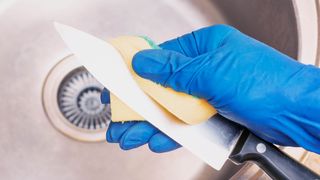
Always clean your knives as soon as possible after use, so any residue doesn't stick. Don’t leave the knives to soak in water in the sink, as this can lead to rust, and it’s a safety hazard if you lose sight of them.
When it comes to washing stainless steel, hot, soapy water is best. Always hold the knife by the handle, never the blade, and using a sponge, wipe in a downward motion towards the blade’s edge. For added protection, you can also wear rubber gloves.
Ceramic knives should simply be rinsed and wiped under hot, running water — these are very easy to clean!
Carbon steel blades should just be wiped with a clean cloth, no water required. It is possible to clean this type of blade in hot water, but you should avoid it where possible as it’s particularly susceptible to rust.
Regardless of the type of knife you're cleaning, you should dry the knife immediately with a cloth, rather than leaving it to air dry. Even sitting water droplets can lead to water damage. It’s also safer to store the knives rather than leaving them on display as they dry. Following these cleaning methods will ultimately extend the life of your knives.
How to make your knives last longer
- Sheath your knives in the cutlery drawer
Not only is this safer, but it will prevent the blade from suffering damage from knocking into other knives. Alternatively, you could use a knife block. - Don’t scrape your knife edge across the chopping board once you’re finished chopping
This will only damage the blade’s edge — use the spine of the knife, another utensil or just brush the ingredients with your hands. - Use a knife sharpener
If you’ve noticed your knife’s edge has started to dull, try sharpening it rather than throwing it away. We recommend the KitchenIQ 0009, Black 50009 Edge Grip 2 Stage Knife Sharpener. - Swap out your chopping board
Glass or granite chopping boards can damage the blade over time. Plastic or wooden chopping boards are much softer on knives.
- More: Here's how to clean a dryer vent

Katie Mortram used to be a Homes Editor for Tom's Guide, where she oversaw everything from kitchen appliances to gardening tools, as well as smart home tech. Specializing in providing expert advice for cleaning and home manintenance, she now works as Household Advice Editor for Good Housekeeping.
